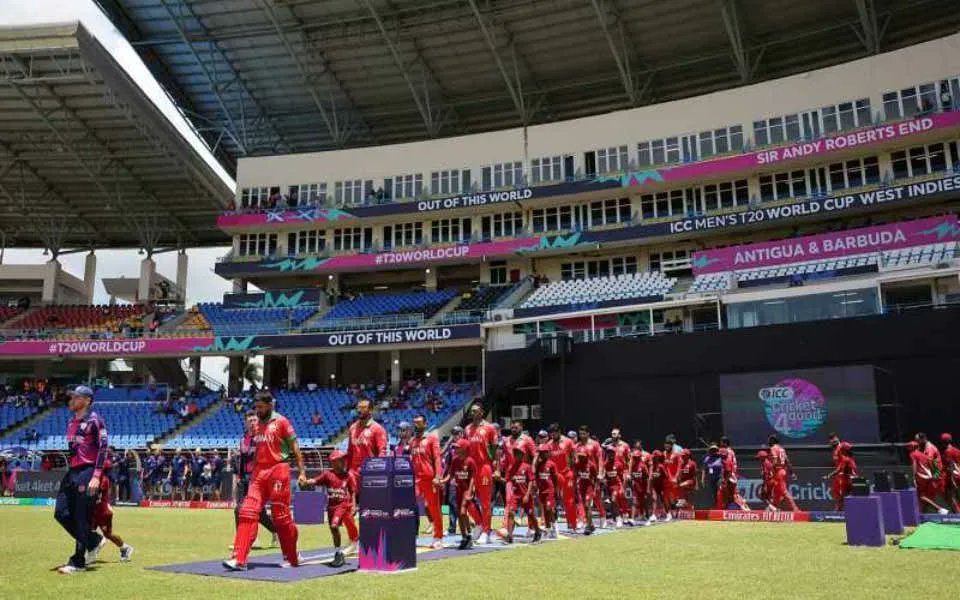
In a deeply troubling development in international cricket, several players from the Oman national team have claimed they are yet to receive their share of the prize money from the ICC Men’s T20 World Cup 2024. This delay in payment has not only caused significant financial strain for the players involved but also raised serious questions about transparency and accountability within Oman Cricket, the governing body responsible for distributing the funds.
The International Cricket Council (ICC) had allocated a prize purse of $225,000 to Oman for their participation in the global tournament. According to the ICC’s standard procedures, all participating boards are expected to distribute the players’ share of prize money within 21 days of the tournament’s conclusion. However, almost a year since the event ended, multiple players from the Oman squad allege that they have not received a single rupee from the prize allocation.
The issue came to light when some players, now playing in various other competitions and leagues, revealed the financial and personal toll the situation has taken on their lives. Some of them were employed in Oman on cricket-related contracts, which were abruptly terminated after the World Cup. With their contracts ended, these players lost their visa status and were forced to leave the country, cutting short both their professional and personal lives in Oman.
Among those affected is batter Kashyap Prajapati, who was a key member of the side. He shared how the uncertainty has disrupted his career and life, leaving him struggling to secure another opportunity. Similarly, pacer Fayyaz Butt has voiced frustration, stating that his career was left hanging in the balance and he is now jobless after being forced to leave Oman due to the contract fallout.
Players discovered the existence of the World Cup prize money through informal conversations with members of other associate teams during a tri-series held in Canada. Until then, they were under the impression that Oman had not received any prize money from either the 2024 or even the 2021 edition of the T20 World Cup. This revelation led to demands for answers from the board, but the response from Oman Cricket has been cold and evasive, according to the players.
Some players have also alleged that their efforts to seek clarity were met with punishment. They claim they were excluded from future squad selections or even threatened with consequences for speaking out. One player said that after inquiring about the payments, he was asked to vacate the team accommodation during a domestic assignment.
In light of these events, the World Cricketers’ Association (WCA) has condemned the treatment of the players and called for immediate intervention by the ICC. The WCA emphasized that this is not an isolated issue, as several associate nation players have raised similar concerns about delays or lack of transparency in prize money distribution.
This incident highlights a concerning loophole in the governance structure of associate cricket. While the ICC provides funds and sets guidelines, it appears there are limited enforcement mechanisms to ensure that boards follow through with proper distribution. This lack of accountability may deter talented cricketers from representing associate nations in the future, especially if they risk being denied basic entitlements like prize money.
With players’ careers hanging by a thread and the integrity of associate cricket under scrutiny, the onus is now on the ICC to act decisively. Ensuring fair treatment for all players, regardless of the status of their cricketing nation, is essential for the future of the game. If left unresolved, the Oman prize money issue could set a dangerous precedent for how boards are allowed to treat their players.

